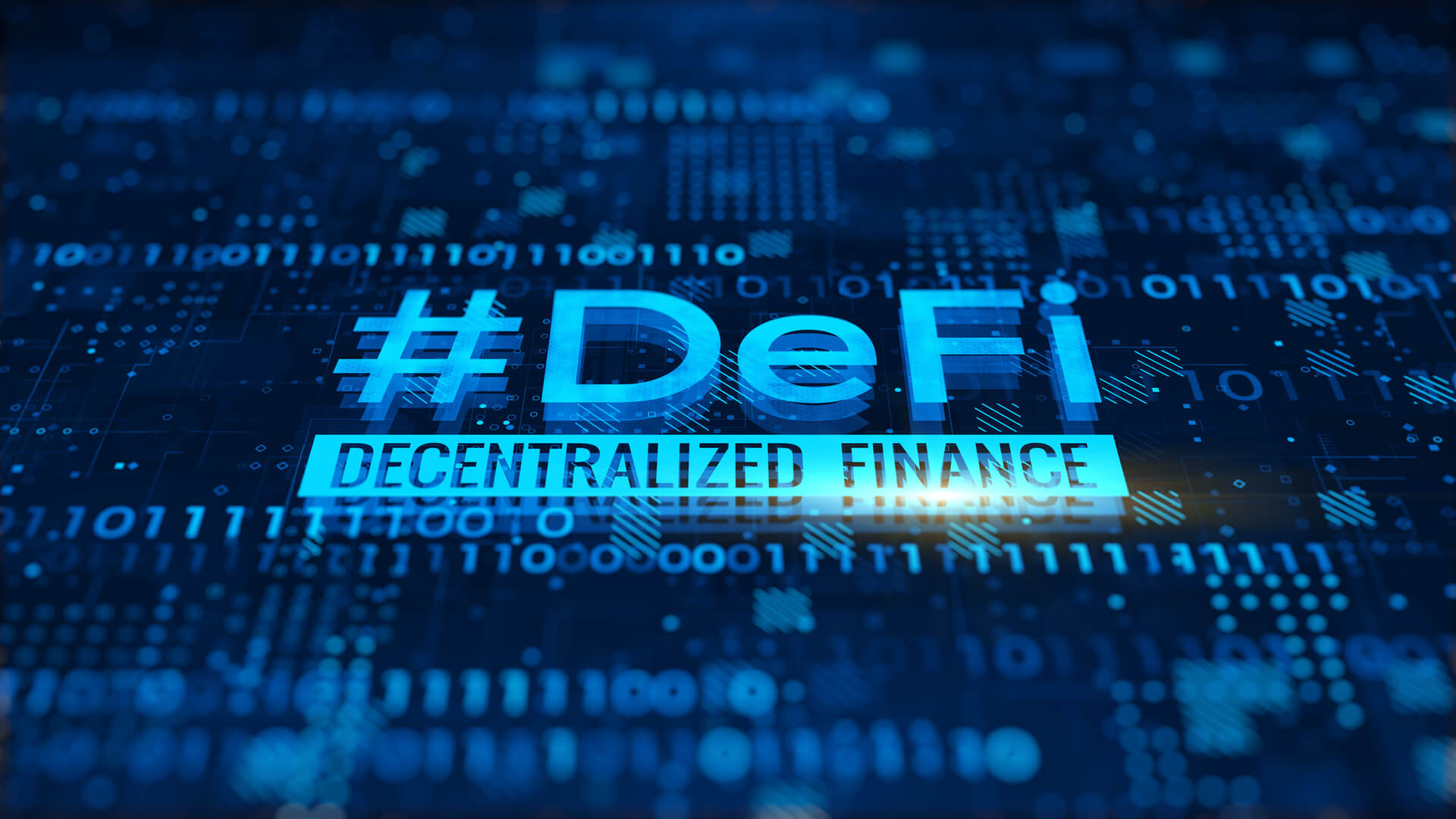With DeFi set to revolutionize cryptocurrency, Europe is attempting to position itself as a natural home for cryptocurrency innovation.
Europe, particularly the United Kingdom, has long been a center of fintech innovation. Neo-banks like Revolut and Transferwise have made it easier than ever for individuals to do business in multiple currencies. Electronic credit cards are even becoming the norm. This makes it natural that Europe has become the 3rd largest center of DeFi innovation after the US and Singapore.
Before diving into some of the top decentralized finance (DeFi) companies in Europe, let’s take a look at why you should care about it. In its most basic form, DeFi matters because there is a lot of money associated with it. The last year has seen a huge rise in the price of the major cryptocurrencies — partly due to increased interest from individuals and a big commitment from institutional investors. But DeFi is also fueling the boom.
DeFi projects are often touted as the next stage of financial technology. Rather than relying on centralized institutions, such as Visa or banks, they utilize smart contracts.
These contracts are lines of codes with specific triggers that enable users to trade or lend money. The vast majority of them are based on the Ethereum blockchain and use the ERC20 protocol. This means that it is possible to create trustless platforms that don’t require middlemen — reducing costs and potentially democratizing the financial sector.
Sounds interesting? Let’s look at some specific projects.
1. Argent: Providing a Gateway to the World of DeFi
A quirk of most DeFi is that it requires Ethereum or an Ethereum-based token. This could put off many people as cryptocurrency can be a little confusing to get into. The UK based start-up Argent raised $12 million to do just that.
The company provides a simple-to-use wallet, which allows users to easily buy Ethereum. It also allows them to easily take part in other DeFi developments, such as crypto lending platforms or exchange liquidity programs. This makes Argent a useful gateway to the crypto world for the uninitiated.
Additionally, it comes with a unique security feature. Social recovery allows users to define a guardian for their wallet. This means that you can define an individual, such as a family member, who can recover your funds in case your wallet is ever compromised.
2. Jellyswap: A Crypto-Agnostic DeFi Exchange
For some time, decentralized exchanges lacked the liquidity to compete with centralized exchanges like Kraken or Coinbase. Then UniSwap came and leveraged smart contracts to adjust the price based on how much cryptocurrency was in a specific pool. This meant that there was always liquidity for a trade, even if you wanted to sell a relatively unknown token. The problem is that you can only trade tokens on the Ethereum blockchain, that’s where Bulgaria-based JellySwap comes in.
The platform uses Hash-Time Locked Contracts to enable interoperability between the Bitcoin and Ethereum blockchains. This means that users can directly trade Bitcoin without being forced to wrap it in an Ethereum contract first. Like UniSwap, the platform also enables users to earn money by providing liquidity to the protocol.
3. Nexus Mutual: Decentralized Insurance
There are few industries more reviled than the insurance industry. But Nexus Mutual might offer a way to fix that. Launched in 2019, the London-based project is a community owned insurance platform based on the Ethereum blockchain. It is designed to allow users to pool risk against smart contract hacks that act as a form of insurance for the blockchain world.
Users are able to purchase the Nexus Mutual token (NXM) to prove their share in the Nexus Mutual ecosystem. The tokens are also necessary to participate in, or set-up, insurance contracts. This means that users are able to protect themselves in a kind of collective insurance agreement, instead of relying upon 3rd party insurance.
The project has proven popular and is already being used to provide protection for decentralized exchanges. The project recently expanded its offering to include centralized exchanges like Binance and Kraken.
4. AAVE: Decentralized Lending & Borrowing
Another UK-based project, AAVE, is a pioneer in the crypto lending space. The project launched in January 2020 as a decentralized non-custodial lending protocol based on the Ethereum blockchain.
It allows users to lend or borrow ETH or ERC20 tokens without going through a third party organization. Those lending money are able to benefit through interest rates that are often significantly higher than the market average.
Flash loans are another interesting feature of AAVE. These are trustless, uncollateralized loans where the borrowing and repayment of any assets must occur within the same Ethereum transaction. If a borrower fails to repay with interest then the transaction never executes and the funds are returned to the lender. These have a number of interesting uses.
5. Centrifuge: Converting Real-World Assets Into Digital Assets
One of the more confusing aspects of cryptocurrency is the practice of putting real-world assets onto a blockchain. If it’s done right, it could open the door to a wave of decentralized finance innovation. This is exactly the challenge that Germany’s Centrifuge is taking on.
The platform is built on the Centrifuge chain. It comes with a number of features, including a P2P messaging protocol, an Ethereum Bridge, and a set of smart contracts called Tinlake. These contracts are designed to hook directly into the existing DeFi ecosystem and could provide a way for traditional companies to take advantage of the flexibility this ecosystem provides.
These contracts allow users to create asset pools. Each can be configured with different interest rates and collateralization ratios. This makes it easy for a company to create dedicated pools for different kinds of assets or risk factors. The company hopes that this will diversify the types of assets currently being used in DeFi and stabilize the sector as a whole.
2021 Will Be a Fascinating Year for DeFi
These projects are just a small selection of the experiments being undertaken in the DeFi sector today. As crypto matures and becomes more widely adopted, we should expect a significant number of new and varied projects to appear.
Their impact could well be significant and it is likely that Europe will become a center of DeFi innovation.





























